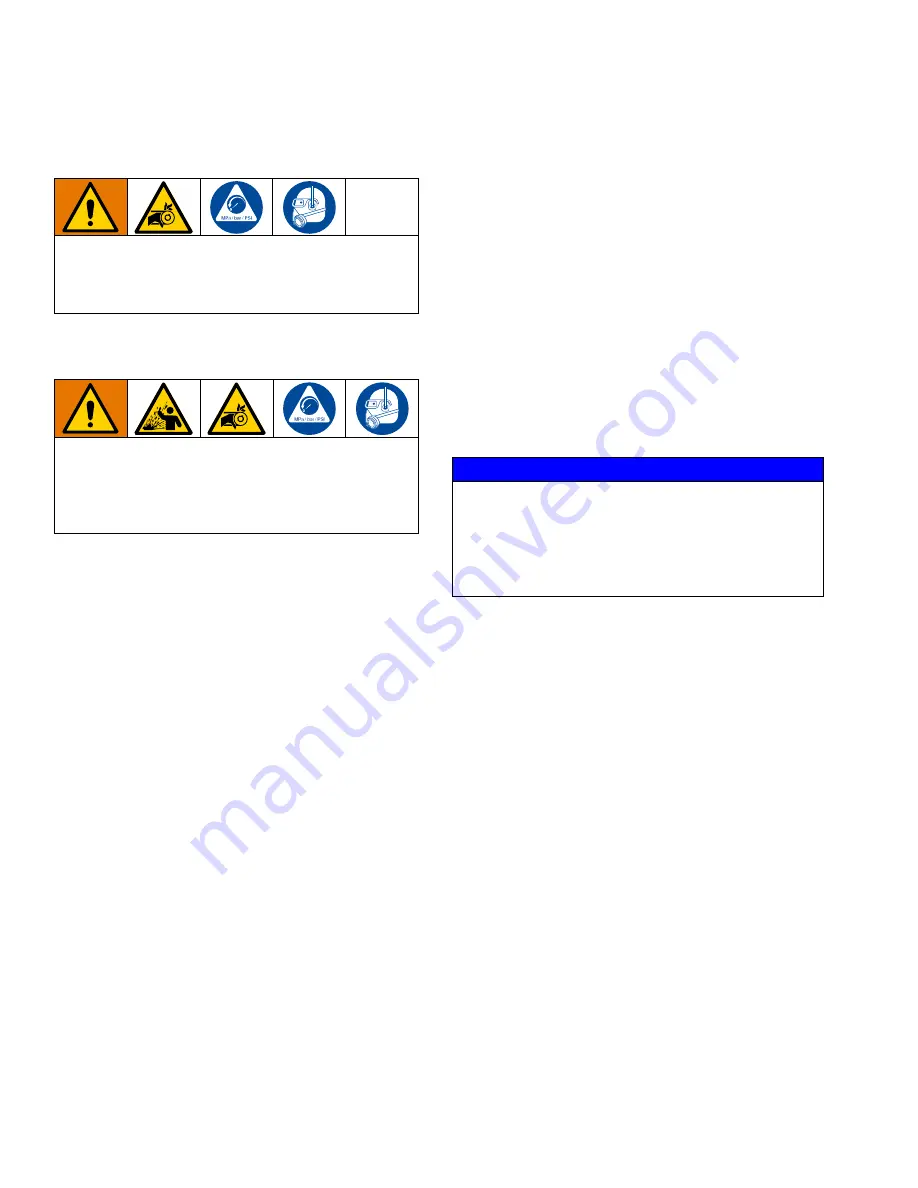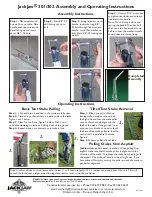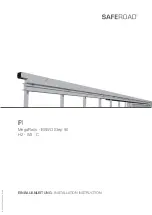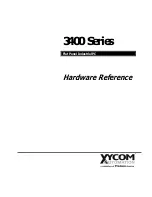
Operation
8
306565K
Operation
Pressure Relief Procedure
1.
Close the bleed-type air shutoff valve (SV) to relieve
pressure to the air motor.
2.
Disconnect the air line.
Find the Proper Agitator Speed
NOTE: There must be proper continuity between
agitator and a ground before operating. See
Grounding, page 7.
1.
Fill the fluid supply container to about 3 or 4 inches
(75–100 mm) above the agitator blade. Periodically
check fluid level.
2.
Start the agitator, and gradually increase the speed by
turning the needle valve (2) until a vortex begins to
form in the paint.
3.
Reduce the speed slightly, then fill the fluid
container. Use the lowest agitator speed needed for
thorough agitation of the paint. Excessive agitator
speed may cause the paint to foam.
NOTE: Use liquids with conductivity greater than 1000
pS/m.
NOTE: If an air shutoff valve (SV) is installed in the
supply line and used to stop the agitator, the same
agitator speed will be set each time the agitator is used
without repeating the procedure described above.
Operating the Agitator
Operate the agitator continuously while supplying paints
or other fluids to the system. Use the needle valve (2) to
regulate the agitator speed. Set the agitator speed to
thoroughly mix the paint, using the lowest speed
possible.
To stop the agitator, close the bleed-type air shutoff
valve (SV) in the air supply line or close the needle valve
(2).
Stop the agitator before removing from pail.
Moving parts, such as an impeller blade, can cut or
amputate fingers. To reduce the risk of serious injury,
always shut off the agitator and disconnect the air line
before moving, checking, or repairing the agitator.
This equipment stays pressurized until pressure is
manually relieved. To help prevent serious injury from
splashing fluid and moving parts, follow the Pressure
Relief Procedure before cleaning, checking, or
servicing the equipment.
NOTICE
To avoid damaging the equipment, do not operate the
agitator at a high speed for a long period of time.
Excessive agitator speed can cause foaming of fluid
(making the fluid unusable), vibration, and increased
wear on parts. Only agitate the fluid enough to
maintain even mixing.
Summary of Contents for 204536
Page 11: ...Service 306565K 11...


































